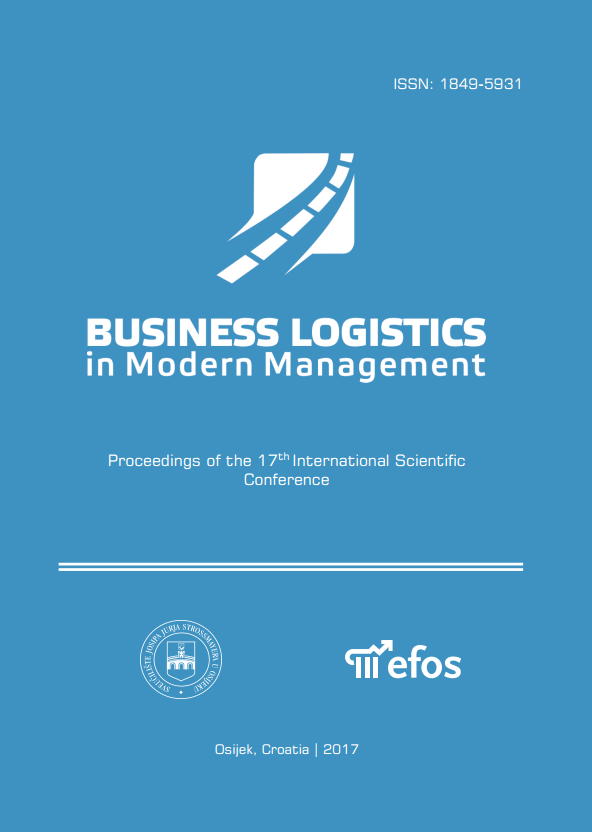ROLE OF CRM IN SUPPLY CHAINS USING THE PROCESS PORTAL
Abstract
The expansion of customer orientation of entities operating in the logistics chain is the primary objective in the cargo transport services market. Focusing on specific customer processes is one way how to adapt the offered services to the customer’s requirements. The aim of the study is to introduce the possibilities of application of the Customer Relationship Management (CRM) in logistics chains, in that the main role is the relation between the customer and forwarder or cargo operator.
The definition of the CRM and its enforcement as a philosophical means of providing the services in the transport market leads to the implementation of a process portal that supports the full range of processes, and in turn generates a comprehensive transportation product. It means creating an operational and economic concept that combines the potential of CRM and Internet portals cooperating with the concept of operating systems. It includes marketing, sales and service processes, as well as the operation of the portal and the customer support process. In order to support these processes, the main features of information systems adapted to different process tasks are introduced. In these relationships, it is necessary to specify the coordinator of the logistics chain, which may be a freight forwarder, intermodal transport operator, or perhaps even a cargo operator. The realization of the process portal implementation in the context of CRM allows the supply chain coordinator to focusing on individual customer needs, as well supporting the entire customer process of transport and logistics using modern ICT. The specific feasibility of the process portal will depend on the operator and the environment. The decision-makers are customers, partners, accessibility and existing ICT infrastructure. The process portal is a tool to promote a coordination of freight transport in order to use sustainable transport modes and providing services at the required quality level.
Key words: process portal, cargo operator, logistic chain, transportation services, comprehensive product

